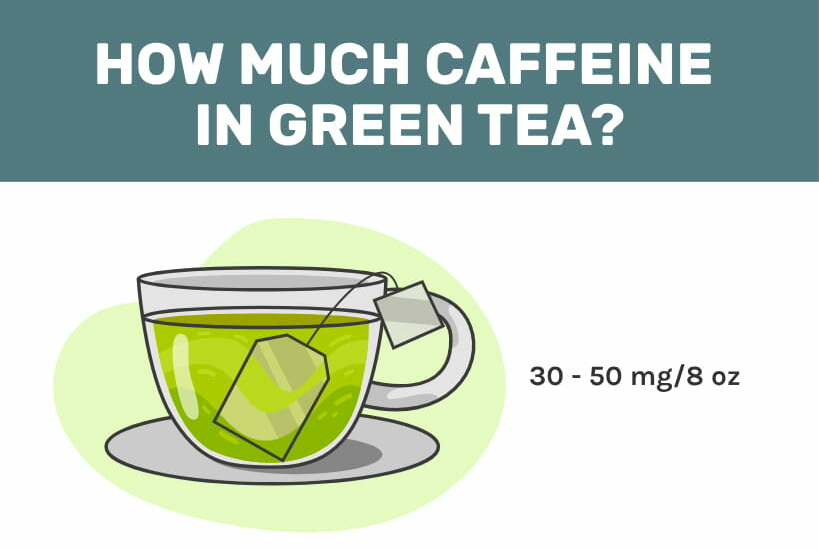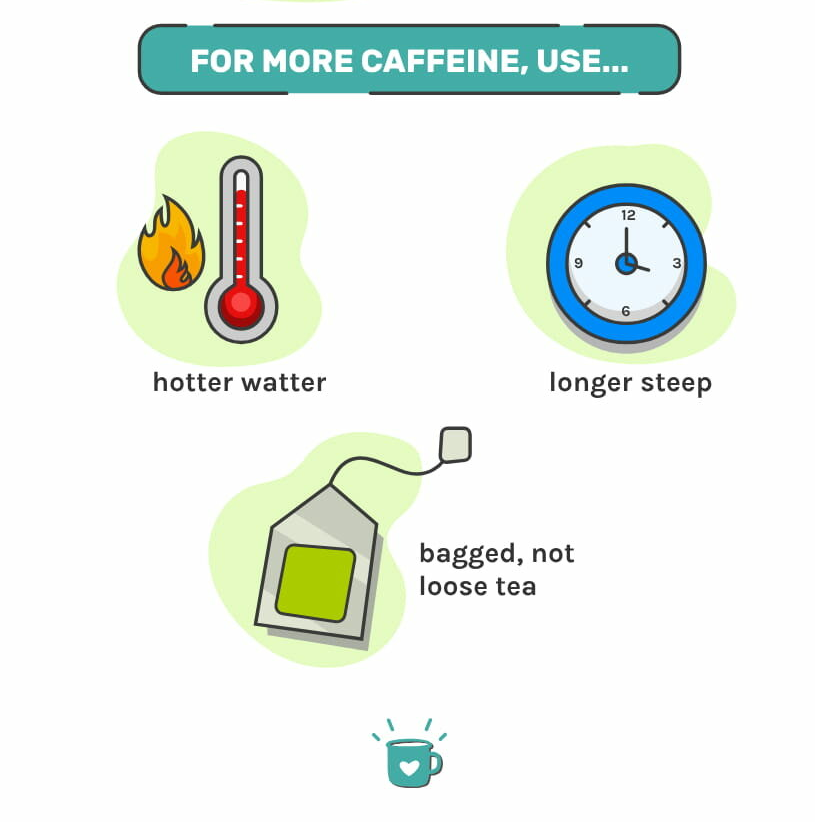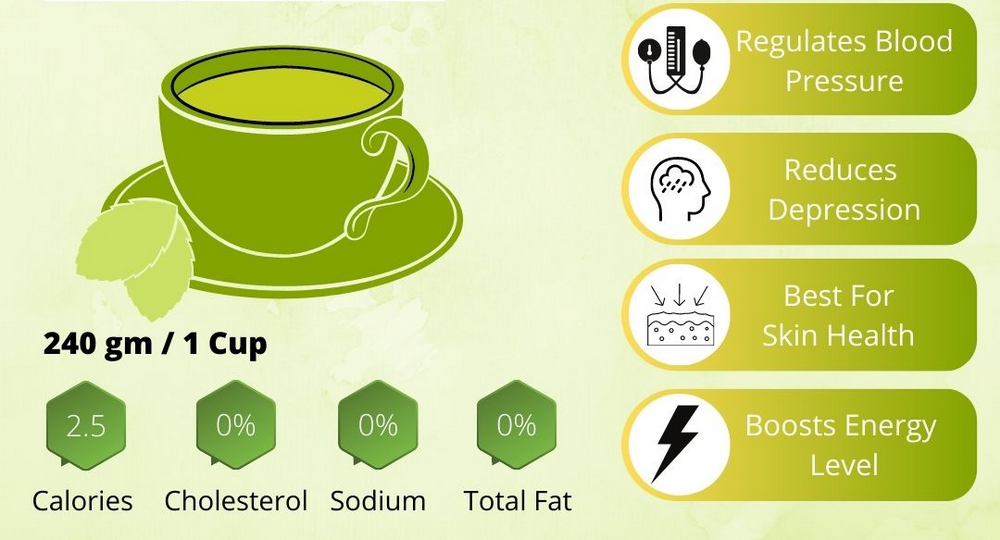Content Menu
● Understanding Green Tea Leaf Extract
● Caffeine Content in Green Tea Leaf Extract
● Factors Influencing Caffeine Levels
● Health Benefits of Caffeine in Green Tea
● Comparing Caffeine in Green Tea to Other Sources
● How to Incorporate Green Tea Leaf Extract into Your Diet
● Potential Side Effects of Caffeine
● The Role of L-Theanine in Green Tea
● The Cultural Significance of Green Tea
● Conclusion
● Frequently Asked Questions
Green tea has been celebrated for centuries for its numerous health benefits, and one of its most intriguing components is caffeine. While many people enjoy green tea for its flavor and health properties, the caffeine content in green tea leaf extract is a topic of interest for those looking to manage their caffeine intake. In this article, we will explore the caffeine content in green tea leaf extract, its effects, and how it compares to other sources of caffeine.
Understanding Green Tea Leaf Extract
Green tea leaf extract is derived from the leaves of the Camellia sinensis plant. Unlike black tea, which undergoes oxidation, green tea is minimally processed, preserving its natural compounds. This extract is often used in dietary supplements and health products due to its high concentration of antioxidants, particularly catechins, which are believed to contribute to various health benefits.

Caffeine Content in Green Tea Leaf Extract
The caffeine content in green tea leaf extract can vary significantly based on several factors, including the type of green tea, the method of extraction, and the concentration of the extract. On average, green tea contains about 20-45 mg of caffeine per 8-ounce cup. However, when concentrated into an extract, the caffeine content can be much higher.
For instance, a typical green tea leaf extract supplement may contain anywhere from 50 mg to over 200 mg of caffeine per serving, depending on the concentration. This makes it essential for consumers to read labels carefully to understand how much caffeine they are consuming.
Factors Influencing Caffeine Levels
Several factors can influence the caffeine levels in green tea leaf extract:
1. Type of Green Tea: Different varieties of green tea, such as matcha, sencha, and gyokuro, have varying caffeine levels. Matcha, for example, is made from ground whole leaves and typically contains more caffeine than brewed green tea.
2. Growing Conditions: The environment in which the tea is grown can affect its caffeine content. Factors such as altitude, sunlight, and soil quality can influence the plant's growth and, consequently, its caffeine levels.
3. Processing Methods: The way green tea is processed can also impact its caffeine content. For example, teas that are steamed tend to retain more caffeine than those that are pan-fired.
4. Brewing Time and Temperature: When brewing green tea, the temperature of the water and the steeping time can affect how much caffeine is extracted. Higher temperatures and longer steeping times generally result in higher caffeine extraction.

Health Benefits of Caffeine in Green Tea
Caffeine is often associated with increased alertness and improved cognitive function. In green tea, caffeine works synergistically with other compounds, such as L-theanine, to promote a state of calm alertness. This unique combination can enhance focus and concentration without the jittery side effects often associated with coffee.
Moreover, studies suggest that caffeine may boost metabolism and aid in fat oxidation, making it a popular ingredient in weight loss supplements. The presence of antioxidants in green tea also contributes to its reputation as a health-promoting beverage.
Comparing Caffeine in Green Tea to Other Sources
When considering caffeine sources, it's helpful to compare green tea leaf extract to other common beverages:
◆ Coffee: An 8-ounce cup of brewed coffee typically contains 95-200 mg of caffeine, significantly more than green tea. This makes coffee a stronger stimulant, but it can also lead to increased anxiety and jitteriness in some individuals.
◆ Black Tea: Black tea generally contains 40-70 mg of caffeine per 8-ounce cup, making it a middle ground between green tea and coffee.
◆ Energy Drinks: Many energy drinks contain high levels of caffeine, often exceeding 200 mg per serving. These drinks may also include additional stimulants and sugars, which can lead to a rapid energy spike followed by a crash.
How to Incorporate Green Tea Leaf Extract into Your Diet
For those looking to enjoy the benefits of green tea leaf extract, there are several ways to incorporate it into your diet:
1. Supplements: Green tea leaf extract is available in capsule or powder form. Be sure to choose a reputable brand and check the caffeine content on the label.
2. Smoothies: Adding green tea leaf extract powder to smoothies can provide a caffeine boost along with antioxidants. This is a delicious way to enhance your morning routine or post-workout recovery.
3. Baking: Incorporate green tea powder into baked goods for a unique flavor and health benefits. Green tea can be added to muffins, cookies, and even pancakes, providing a subtle earthy taste.
4. Beverages: Mix green tea leaf extract with water or juice for a refreshing drink. You can also create iced green tea beverages by steeping the extract in cold water, adding lemon or mint for extra flavor.
5. Cooking: Use green tea leaf extract in savory dishes. It can be added to marinades, dressings, or sauces to impart a unique flavor profile and health benefits.

Potential Side Effects of Caffeine
While moderate caffeine consumption is generally considered safe for most people, excessive intake can lead to side effects such as:
◆ Insomnia: Consuming caffeine too close to bedtime can disrupt sleep patterns, leading to difficulty falling asleep or staying asleep.
◆ Increased Heart Rate: High doses of caffeine can cause palpitations or an increased heart rate, which may be concerning for individuals with heart conditions.
◆ Anxiety: Some people may experience heightened anxiety or nervousness with excessive caffeine intake, particularly if they are sensitive to stimulants.
◆ Digestive Issues: Caffeine can stimulate the digestive system, leading to discomfort or upset stomach in some individuals.
It's essential to monitor your caffeine intake, especially if you consume other sources of caffeine throughout the day. The general recommendation for most adults is to limit caffeine consumption to about 400 mg per day, which is roughly equivalent to four 8-ounce cups of brewed coffee.
The Role of L-Theanine in Green Tea
One of the unique aspects of green tea is its combination of caffeine and L-theanine, an amino acid that promotes relaxation without drowsiness. This combination can enhance cognitive performance and improve mood. L-theanine is thought to counteract some of the stimulating effects of caffeine, leading to a more balanced energy boost.
Research has shown that L-theanine can help reduce stress and anxiety, making green tea a popular choice for those seeking a calm yet alert state of mind. This is particularly beneficial for individuals who may be sensitive to the jittery effects of caffeine found in coffee.
The Cultural Significance of Green Tea
Green tea has a rich cultural history, particularly in countries like Japan and China. In Japan, the traditional tea ceremony, known as "chanoyu," emphasizes the art of tea preparation and consumption, highlighting the importance of mindfulness and appreciation for the moment. In China, green tea has been used for centuries in traditional medicine, believed to promote health and longevity.
The cultural significance of green tea extends beyond its health benefits; it is often associated with hospitality and social gatherings. Sharing a cup of green tea can foster connections and create a sense of community.

Conclusion
Green tea leaf extract is a potent source of caffeine, offering a range of health benefits while providing a gentler stimulant effect compared to coffee. Understanding the caffeine content and how it varies among different types of green tea can help consumers make informed choices about their caffeine consumption. Whether you enjoy it in a cup of tea, as a supplement, or in a smoothie, green tea leaf extract can be a valuable addition to a healthy lifestyle.
Frequently Asked Questions
Q: How much caffeine is in a cup of green tea?
A: A typical cup of green tea contains about 20-45 mg of caffeine.
Q: Is green tea leaf extract stronger than brewed green tea?
A: Yes, green tea leaf extract is more concentrated and can contain significantly higher levels of caffeine.
Q: Can I take green tea leaf extract if I’m sensitive to caffeine?
A: If you are sensitive to caffeine, it’s best to start with a lower dose and monitor your body’s response.
Q: What are the health benefits of green tea leaf extract?
A: Green tea leaf extract is rich in antioxidants and may aid in weight loss, improve brain function, and promote heart health.
Q: How should I store green tea leaf extract?
A: Store green tea leaf extract in a cool, dry place, away from direct sunlight to maintain its potency.































